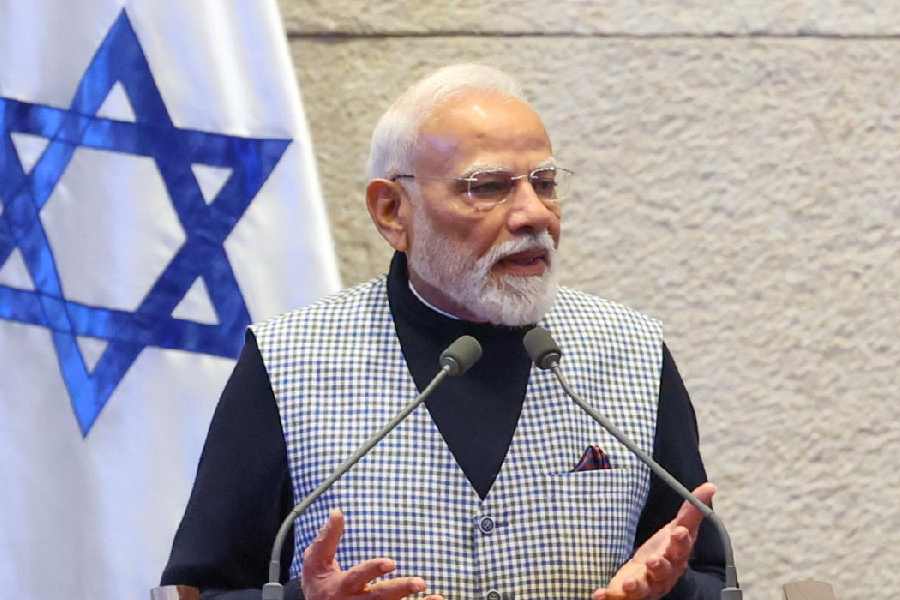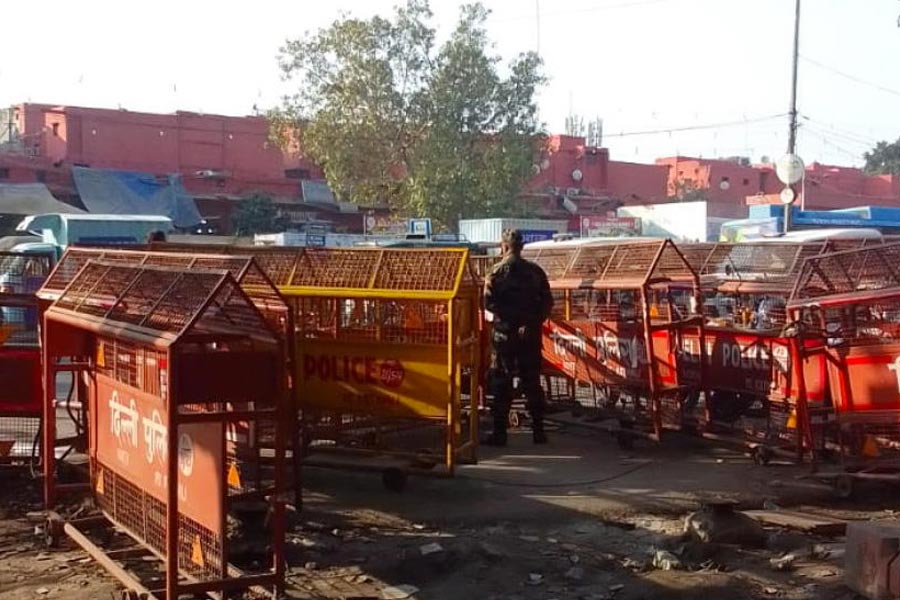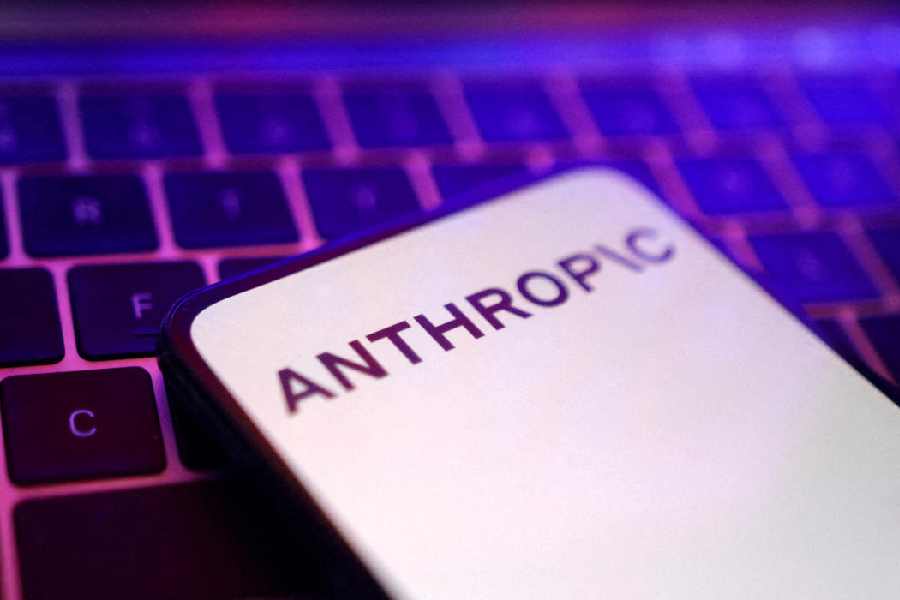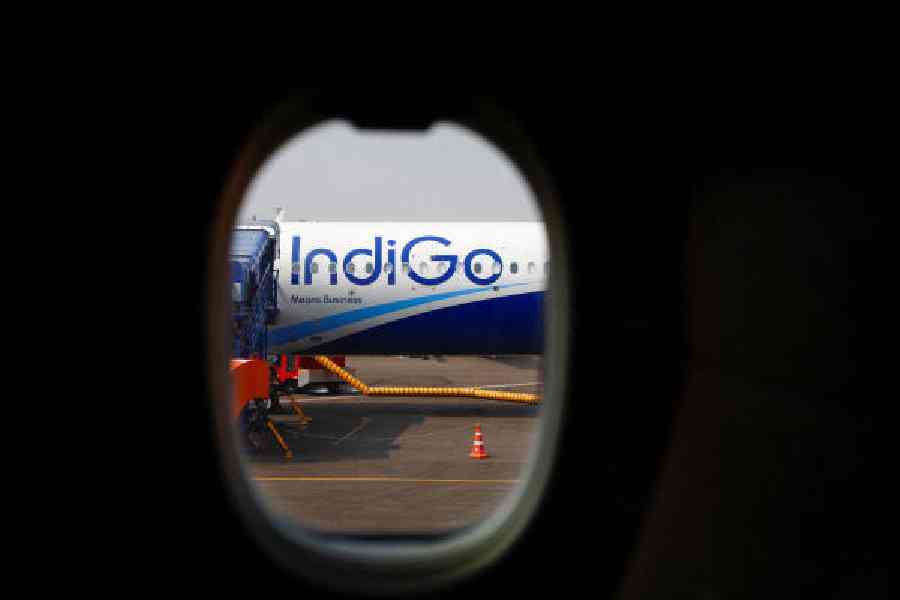 |
| Sunny, did the met office say? |
Feb. 21: Everybody knows that nobody believes the weatherman. Now hear it from the minister?s mouth.
?If the Indian Meteorological Department says anything, it is looked at with disbelief,? Kapil Sibal said in New Delhi today, putting a ministerial seal of affirmation on one of India?s worst kept secrets.
?The IMD has little credibility. Credibility should be built as without it systems will not work,? said Sibal, whose science and technology ministry looks after the Met department.
Sibal?s ?revelation? will strike a chord among millions who have been let down by countless weather forecasts that never came true and revive a question that surfaced after the tsunami caught scientists by surprise: is Indian science of much use in everyday life?
The minister?s damper, delivered at a multilateral conference on tropical cyclones, has upset Met officials who wondered in private whether he was being a ?fair-weather friend?.
Six months ago, the same minister had conceded that ?many existing data collection systems are obsolete? and inadequate facilities at the IMD have stood in the way of reliable forecasts.
R.. Goldar, a familiar name in Calcutta weather reports till he retired as deputy director general of the regional meteorological centre in Alipore, said: ?I don?t know what the minister has said, but on the question of credibility, any type of Met forecast is always liable to be erroneous all over the world.
?For example, in the 1999 supercyclone in Paradip, western Met agencies, including the US Navy, had predicted that the supercyclone would hit Bengal and veer to Bangladesh, but the Indian IMD had said that the cyclone would cross the Orissa coast, and the supercyclone did cross Paradip.?
But not everyone in the fraternity is backing the IMD. Some are questioning not just the forecasts but also its regular weather readings.
Scientists at the National Centre for Medium Range Weather Forecasting in Noida have cautioned that the accuracy of their five-day forecasts has been affected by error-prone observations provided by the IMD.
The Noida centre, set up in the early nineties, to issue three- to seven-day forecasts, relies on the IMD for observations on wind, pressure and temperature conditions at different sites across the country. One of the mandates of the IMD is to collect real time weather data and transmit it to users such as the centre.
The weather trackers were at the receiving end today but Sibal also added a graver dimension to the job of weather data handlers and crisis managers.
Despite availability of technology related to tropical cyclones, more than half-a-million lives have been lost in the last five decades the world over, he said.
This time, he was willing to share a part of the blame. ?All of us have failed in this part of the world to reach out to people. Technology is there but the systems to reach people are not proper. Lives are lost year after year.?
?We have the technology to predict (tropical cyclones). In future, there is a need to develop technology to suggest damage to each area,? Sibal said.











